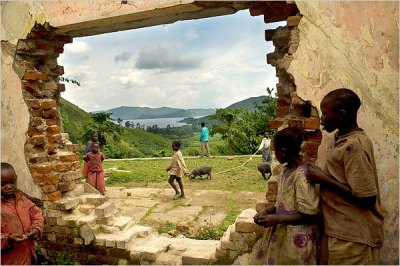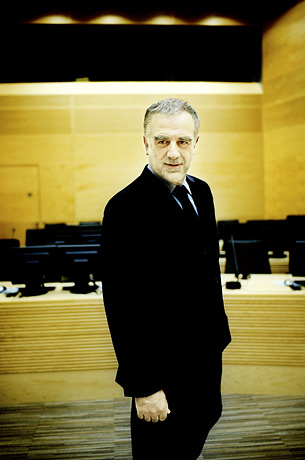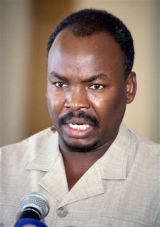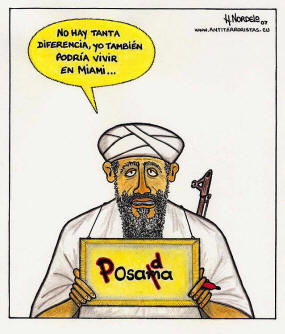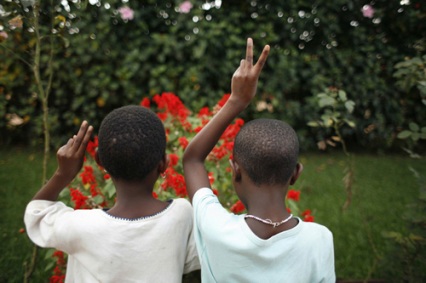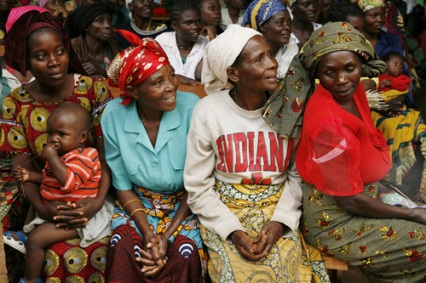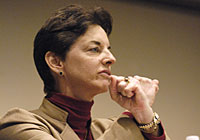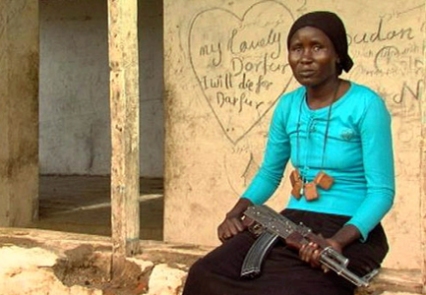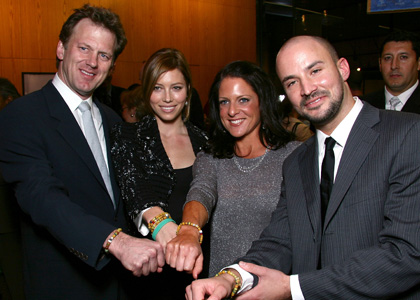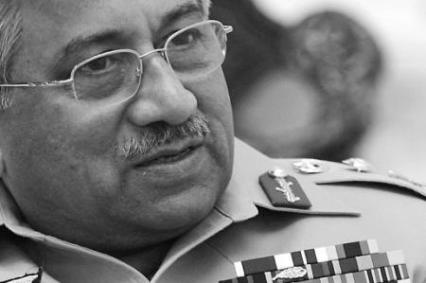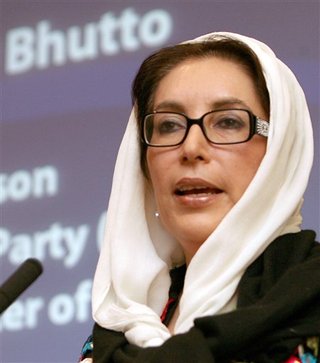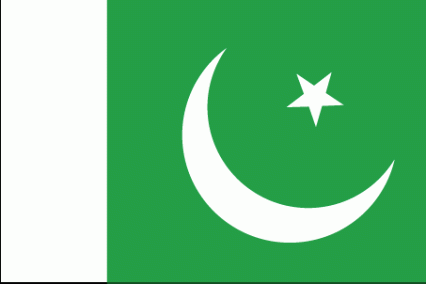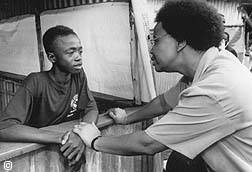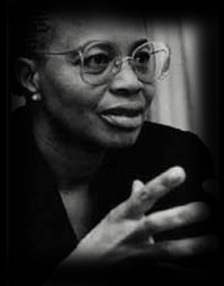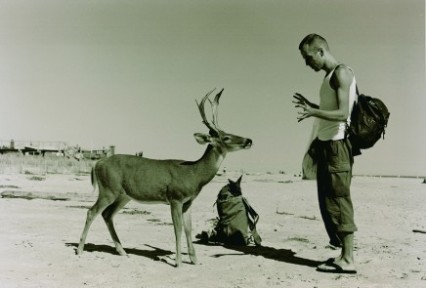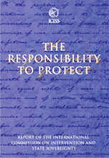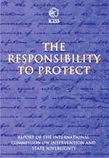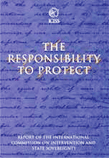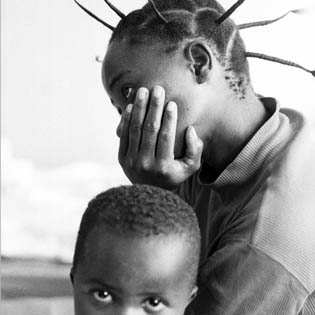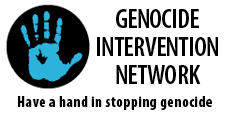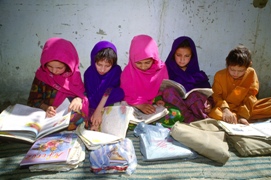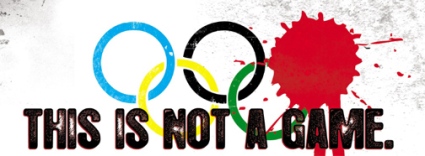Everyone’s probably been reading the headlines and news trickling in about the protests in Burma over inflated fuel prices and the ruling junta’s bloody retaliation to the peaceful marches. The junta has shut down all internet and media sorces in the country to prevent images of the violence from leaking. Reports have just been issued that the regime is burning the bodies of protesters, including those still alive.
A good resource that I have found for keeping abreast is the US Campaign for Burma website. Besides breaking news coming out of Burma, they also have listed a number of solidarity actions taking place across the world.
Today there was an emergency march in NYC from the Myanmar Mission to the UN in which Rachel was able to participate. Rachelly rocks!
Friday, October 5th is National Campus Day for Action in Burma. Check out http://www.studentsforburma.org . Hopefully my rad activist friend Alicia is on top of this at UGA.
Saturday, October 6th is International Day of Solidarity with Burma: Support the monks in Burma at noon in every major city across the world. Has anyone heard anything about plans in DC? I’ll check with GI-Net and post when I hear. Also, ATL? Athens?
Ok, here’s the a brief version of the recent history of Burma taken from the US Campaign for Burma’s website. I didn’t know any of these details until I heard Patrick from the Campaign speak at a panel discussion this past weekend:
Burma in Brief
The people of the Southeast Asian country of Burma are locked in one of the world’s great freedom struggles. The country’s military rulers, the State Peace and Development Council, have run the country with an iron fist for the past 15 years, after they assumed power from a 26-year socialist dictatorship. In 1988, students, professionals, and others launched a nationwide uprising aimed at bringing an end to authoritarian rule during which millions of people courageously marched on the streets, calling for freedom and democracy.
The military responded by gunning down thousands of demonstrators and imprisoning thousands more in one of Southeast Asia’s most bloody episodes in recent history. The leader of the demonstrations, Min Ko Naing (pronounced Min Ko Nine), has been held behind bars ever since, where approximately 1,400 political prisoners remain. The most recognizable face of Burma, 1991 Nobel Peace Prize recipient Daw Aung San Suu Kyi (pronounced Daw Aung Sawn Sue Chee), has been in and out of house arrest and prison since 1988. Presently, she is held under house arrest.
Worried that they could not hold on to power in 1988, the ruling generals announced they would hold a democratic election. Aung San Suu Kyi and many allies formed a political party, which they named the National League for Democracy (NLD). The party went on to win the election in a landslide victory in 1990, garnering an astounding 82% of the seats in parliament, even though many pro-democracy leaders were already imprisoned. Tragically, instead of permitting the electoral winners to assume office, the regime has maintained its grip on power ever since.
In 1996, students again organized major protests on the streets of Rangoon, with thousands conducting sit-down demonstrations at key traffic intersections. The regime responded again by force, brutally beating them with batons and water canons, and arresting hundreds. This time, a videographer managed to capture some of the events on camera, which were then shown on CNN and other news stations.
In May 2003, Burma again made international headlines when Aung San Suu Kyi, just released from house arrest a year earlier, was traveling on a speaking tour near Mandalay, Burma’s second largest city. During her tour, approximately 600 members of her caravan were brutally attacked by the political arm of the regime, the Union Solidarity and Development Association. Up to 100 supporters were brutally beaten to death with blunt clubs, bamboo sticks, and spears, while Aung San Suu Kyi narrowly escaped assassination. She was held in prison and is now under total house arrest.
At the same time, many of Burma’s ethnic groups, including the Karen, Shan, and others, have been waging armed freedom struggles against the regime, some for up to 50 years. The regime, intent on dominating the entire country, has responded with brutal force — raping, slaughtering, or forcibly displacing millions of ethnic peoples. Reports of some of the world’s most horrific human rights abuses have been documented by governments and credible organizations in Burma’s ethnic regions, yet these peoples never give up the struggle to protect their homelands and way of life.
The NLD, the true elected leaders of Burma, have called on citizens and governments around the world to put international pressure on Burma’s regime. Our mission is to respond to this call — please contact us today or become a member to get involved. We are grassroots citizens just like you — and we need your help.
Responsibility to Protect,
Katie


